Vietnam is in the stage of accelerating industrialization with import-export turnover reaching 681 billion USD in the first 9 months of the year, with a trade surplus of 17 billion USD. Behind that record number is the fact that 94% of the import value is still for raw materials, components and spare parts - areas that domestic supporting industries can completely undertake if they have enough capacity and technology.
According to Deputy Director of the Department of Industry ( Ministry of Industry and Trade ) Pham Van Quan, this is both a challenge and an opportunity for Vietnam to be more proactive in production, moving towards a green, self-reliant and low-emission industry - an inevitable direction in the context of the world economy shifting to a sustainable growth model.

Deputy Director of the Department of Industry Pham Van Quan. Photo: VITR.
Since 2015, the Government has issued Decree 111/2015/ND-CP, identifying supporting industries as the backbone of national production, while creating incentive mechanisms for investment enterprises. By July 2025, Decree 205/ND-CP was issued with many breakthrough innovations, focusing on products with high added value, high technology content and environmental friendliness. This is considered a shift from "broad" development to "deep and green" development.
An important new point is that FDI enterprises, when wanting to enjoy incentives, must link up with domestic small and medium enterprises, forming a common supply chain. This approach not only encourages cooperation but also motivates Vietnamese enterprises to upgrade technology, meet global production standards and reduce carbon footprint, conditions for participating in the green value chain that is strongly forming in Europe and East Asia.
Linkage is a prerequisite, but the foundation for sustainability still lies in the internal capacity of domestic enterprises. Most Vietnamese enterprises are currently small in scale, lacking capital and technology for in-depth investment, while requirements for productivity, environmental safety and energy saving are increasingly stringent.
To solve this problem, the Ministry of Industry and Trade has built a network of industrial development support centers, where businesses can receive advice, test products and access new technologies before commercialization. Along with that are engineering training programs, green technology transfer, international market connections and tax incentives for businesses investing in clean production. These centers are considered “green nurseries”, where technology, ideas and environmental standards are connected to the needs of real businesses.
According to Decree 205, enterprises participating in the central system are supported in part or in full for research, design, and testing costs, helping to significantly reduce the initial investment burden. This is the premise for Vietnamese enterprises to boldly innovate technology, develop new materials, energy-saving and environmentally friendly products.
Regarding credit, the Ministry of Industry and Trade is coordinating with policy banks to reduce lending rates for supporting industry enterprises, and is preparing to establish a Strategic Industrial Development Fund and a Foundational Industry Fund, creating long-term capital sources for high-tech and green projects. These two funds will prioritize enterprises investing in energy-saving production lines, treating exhaust gas and recycling industrial waste, in line with Vietnam's commitment to net zero emissions by 2050.
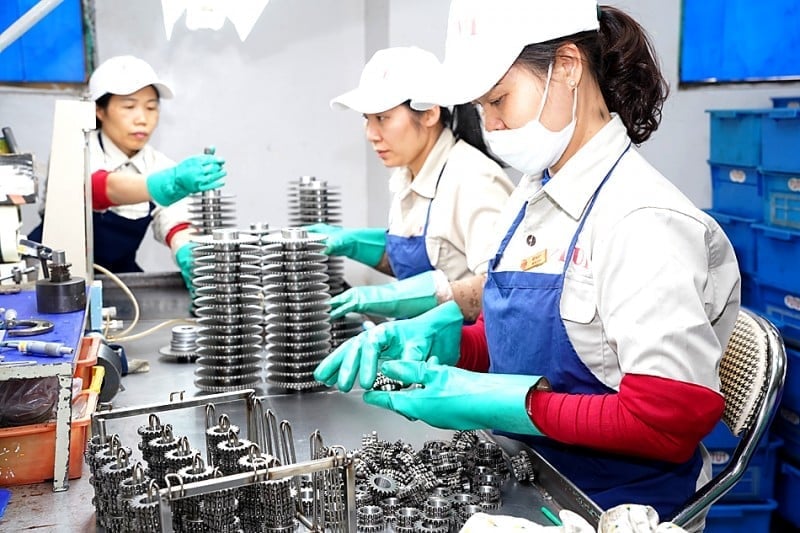
Supporting industry is considered a driving force for the national green transformation process. Photo: MOIT.
Environmental requirements are also gradually being set as mandatory standards. Enterprises wishing to receive support must fully comply with regulations on labor safety, technological processes, fire prevention and fighting, and environmental protection. Clean production, the use of renewable energy, and the reduction of greenhouse gas emissions not only help enterprises qualify for incentives but are also a “green passport” when participating in global supply chains that increasingly emphasize sustainability.
Mr. Quan acknowledged that policy institutions are becoming Vietnam's new competitive advantage. The issuance and updating of major resolutions such as Resolutions 57 and 68 of the Politburo have opened up a space for synchronous development of platform industries, strategic industries and supporting industries. The Ministry of Industry and Trade is finalizing the draft Law on Key Industries, aiming to concretize the policy of developing modern, autonomous industries, associated with innovation and green transformation.
However, the policy still needs more time to penetrate. Many small and medium-sized enterprises still have difficulty accessing incentives due to lack of information or legal resources. To overcome this, the Ministry of Industry and Trade has established the Industrial Development Support Center, where enterprises can receive specific advice on incentive programs, environmental standards, production safety and legal procedures.
In addition, the Ministry of Industry and Trade is proposing to establish an industrial development fund equivalent to 1% of GDP, specifically for enterprises in technological innovation and green investment. This fund will have a flexible loan mechanism, shorten procedures, and allow localities to participate in project appraisal, ensuring capital goes to the right place, according to demand. When capital flows are decentralized and disbursed promptly, enterprises will have more conditions to invest in clean production lines, automation, biomaterial production and sustainable expansion.
Strong decentralization to localities is expected to help local governments be more proactive in supporting businesses. Each province and city can choose a suitable model based on its industrial characteristics, from training highly skilled human resources to supporting digital transformation and certifying green products.
According to the direction of the Ministry of Industry and Trade, supporting industry is not only a link in the chain of growth, but also a driving force for the national green transformation process. Investment promotion activities, seminars, connecting FDI enterprises with domestic enterprises, research on technological innovation and international cooperation are being widely deployed, creating a foundation for Vietnam to participate more deeply in the global value chain.
From policy to action, the goal is to build a strong supporting industry enterprise network, competitive in the region, mastering technology and complying with environmental standards. With the determination to quickly institutionalize, provide timely support and accompany businesses, new policies of the Government and the Ministry of Industry and Trade are paving the way for a new development phase, where supporting industries not only contribute to growth but also become the driving force of green, self-reliant and sustainable production.
By 2025, the Ministry of Industry and Trade aims to form at least five regional key industrial development support centers, focusing on green transformation, precision mechanics and new materials.
Source: https://nongnghiepmoitruong.vn/cong-nghiep-ho-tro-la-luc-day-cho-qua-trinh-chuyen-doi-xanh-quoc-gia-d778898.html



![[Photo] Ho Chi Minh City Youth Take Action for a Cleaner Environment](https://vphoto.vietnam.vn/thumb/1200x675/vietnam/resource/IMAGE/2025/11/04/1762233574890_550816358-1108586934787014-6430522970717297480-n-1-jpg.webp)
![[Photo] Ca Mau "struggling" to cope with the highest tide of the year, forecast to exceed alert level 3](https://vphoto.vietnam.vn/thumb/1200x675/vietnam/resource/IMAGE/2025/11/04/1762235371445_ndo_br_trieu-cuong-2-6486-jpg.webp)
![[Photo] The road connecting Dong Nai with Ho Chi Minh City is still unfinished after 5 years of construction.](https://vphoto.vietnam.vn/thumb/1200x675/vietnam/resource/IMAGE/2025/11/04/1762241675985_ndo_br_dji-20251104104418-0635-d-resize-1295-jpg.webp)

![[Photo] Panorama of the Patriotic Emulation Congress of Nhan Dan Newspaper for the period 2025-2030](https://vphoto.vietnam.vn/thumb/1200x675/vietnam/resource/IMAGE/2025/11/04/1762252775462_ndo_br_dhthiduayeuncbaond-6125-jpg.webp)





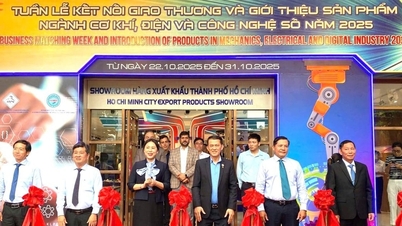

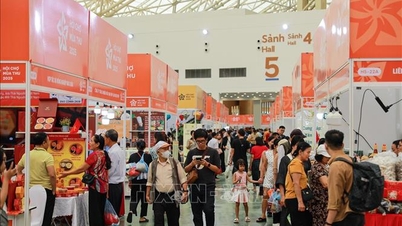
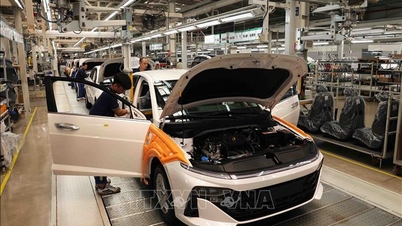






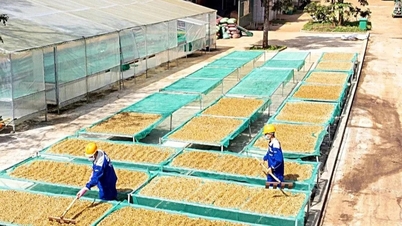








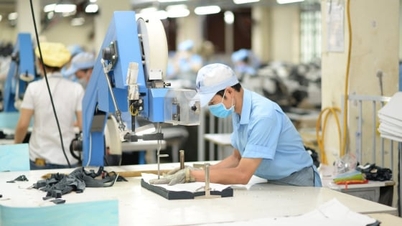

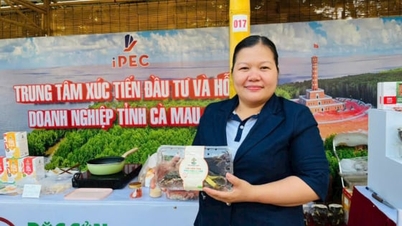
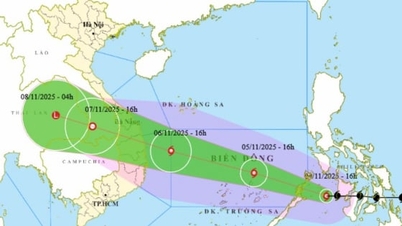
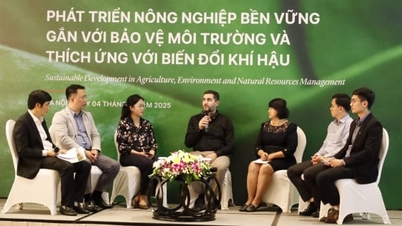


















































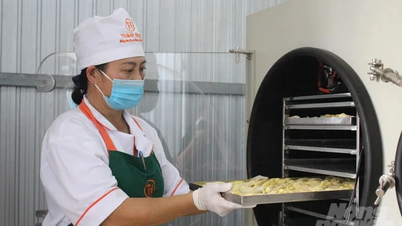













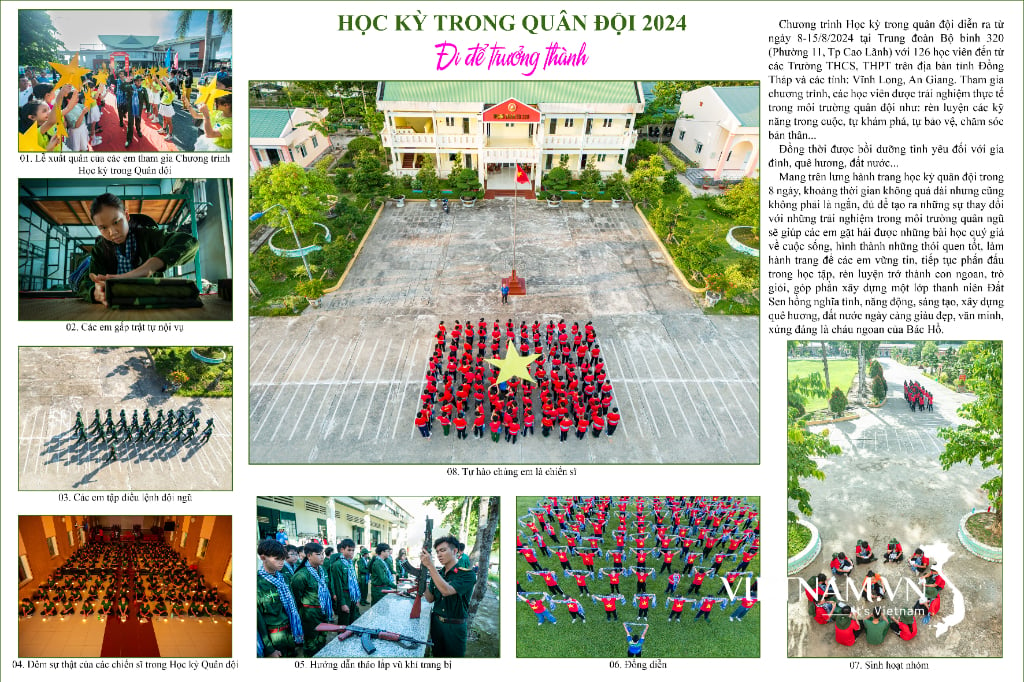


Comment (0)